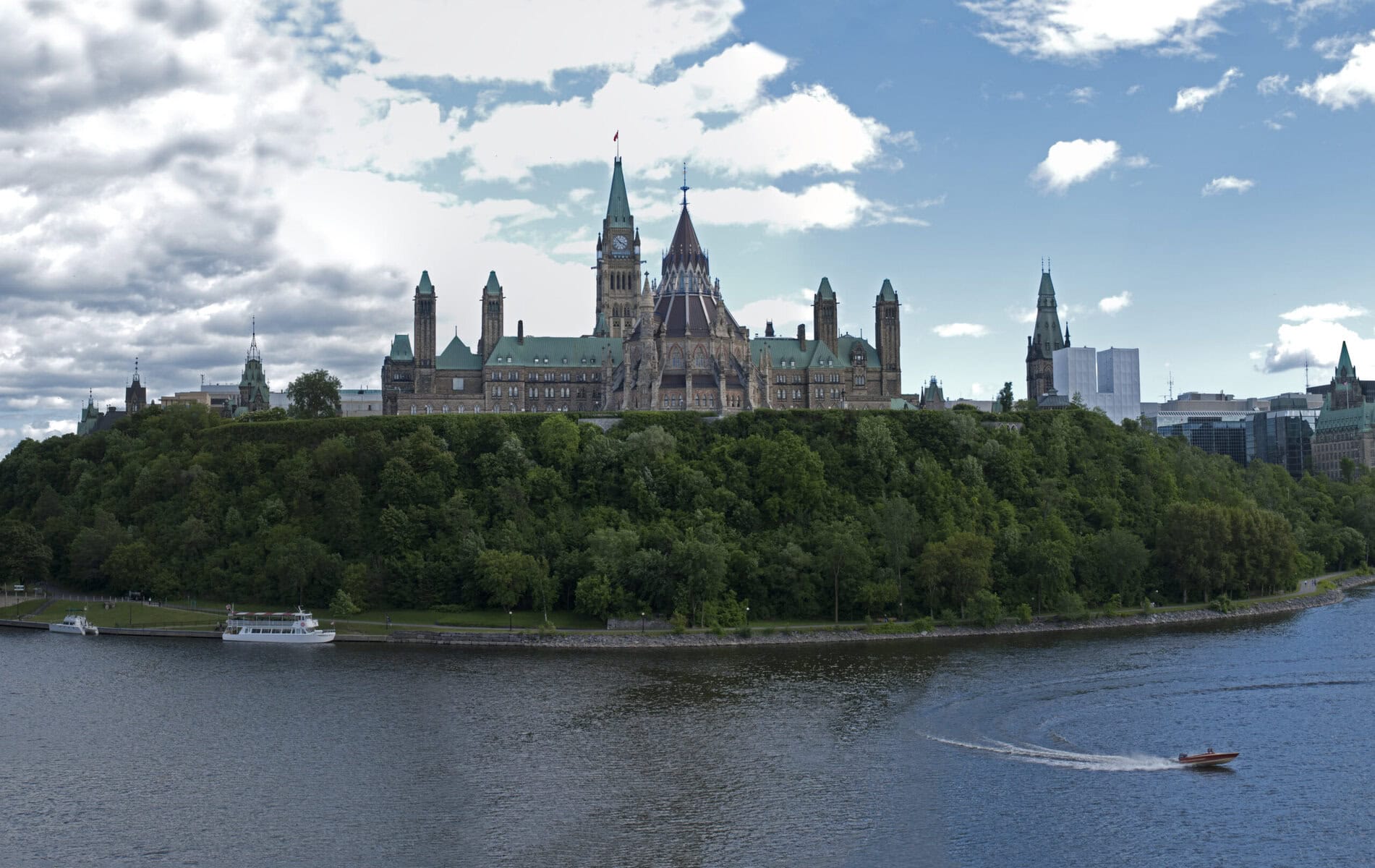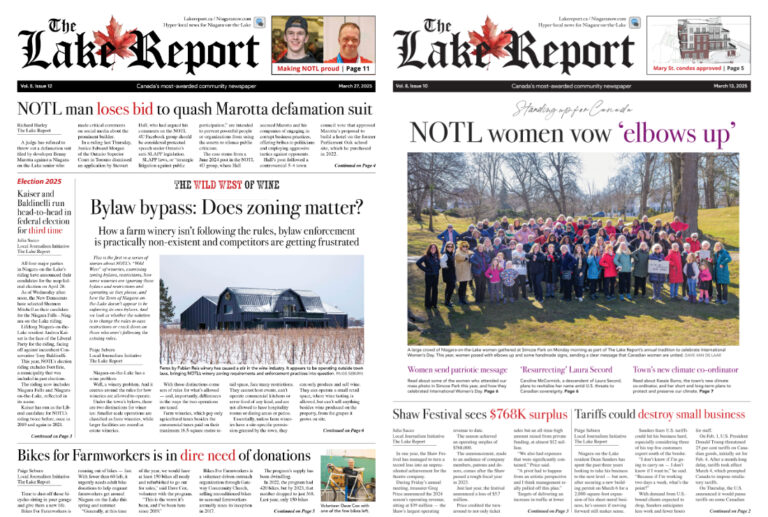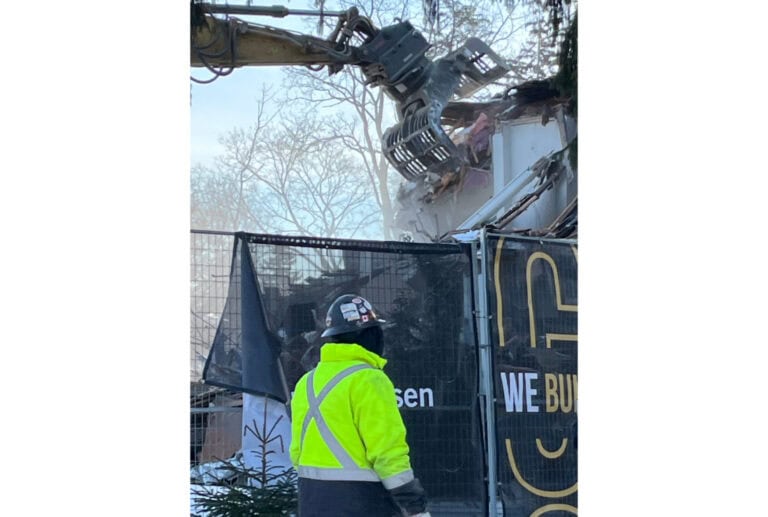Steve McGuinness
Special to Niagara Now/The Lake Report
A few weeks ago, Bottom Line previewed the federal budget. The 406-page document was finally presented in the House of Commons earlier this week.
Our forecast of no reductions in program transfers to individuals and provinces was accurate. So were our predictions about increased expenditures on infrastructure and defence. But the budget also contained many other new measures, some less anticipated.
How it will impact you as a NOTLer will depend on several situational factors.
There are no major tax changes impacting individuals that will pad or empty our bank accounts, unless you own a yacht valued at over $250,000 moored at the local sailing club or a private aircraft hangared at Niagara District Airport, valued at over $100,000.
Then your luxury tax will be eliminated.
If you’re a local residential property owner without a short-term rental permit, you will no longer need to pay the one per cent tax on the ownership of vacant or underused housing.
Mainly, the government has chosen to focus tax benefits on businesses. It will shorten the period over which businesses can deduct the capital costs of new property, calling this a “productivity super-reduction.”
Businesses in sectors like oil and gas (and specifically producers of liquid natural gas) are especially favoured. These business sectors are centred in locations outside of Ontario. Sometimes the squeaky wheel attracts the grease.
Alberta Premier Danielle Smith has been busy noisily fanning the flames of national disunity to try to rebalance that province’s fiscal relationship with Ottawa.
Members of the groups like Seniors for Climate Action Niagara will be unimpressed with the tax breaks for the oil patch at a time when Canada is already exporting record volumes of oil and gas.
While liquid natural gas burns cleaner than some other fossil fuels, it nevertheless emits more carbon and methane than greener energy sources.
Unfortunately, these new tax measures undermine the achievement of our Paris Accord carbon control commitments to combat climate change.
The industrial carbon tax was left untouched, despite Opposition Leader Pierre Poilievre’s insistence on that as a precondition of his party supporting the budget in our minority parliament.
If you are a federal government employee or know one, the budget reduces employment prospects. Ottawa is conducting a “comprehensive expenditure review” with the goal of reducing administrative costs across all departments.
That effort is forecast to save $13 billion annually by 2028-29 and $60 billion over five years.
Close to 40,000 positions will exit the federal government workforce, bringing it down to 330,000 employees in 2028-29 from 368,000 last year.
Most of these cuts will be achieved through attrition. Workers will also be offered buy-out incentives to voluntarily retire or otherwise quit.
The budget also puts more meat on the bones concerning infrastructure spending. For example, it provides $214 million in funding over five years to the Major Projects Office. Among the recipients is the high-speed train running from Toronto to Quebec City.
But first, NOTLers need Premier Doug Ford to make good on his promise to increase GO Train frequency in the Niagara to Hamilton corridor, so we can get to Toronto to board it.
Of key importance to municipalities like NOTL is the $51 billion over 10 years earmarked for local infrastructure in a “Build Communities Strong” fund.
For a town like NOTL— currently trying to redress the inadequacy of storm water containment ponds in fast-growing villages like St David’s — this is welcome news.
Finally, there’s a reduced immigration settlement plan, drastically reducing the target for new temporary resident admissions from 673,650 in 2025 to 385,000 in 2026.
This is unlikely to impact the seasonal foreign farmworker quotas that agricultural businesses in NOTL import.
However, there is also a one-time measure to accelerate transitioning up to 33,000 work permit holders to permanent residency in 2026 and 2027.
In his Bay Street career, Steve McGuinness was a senior advisor to large financial institutions and is now retired in NOTL. Send your personal financial planning questions to him at smcgfinplan@gmail.com.










